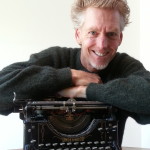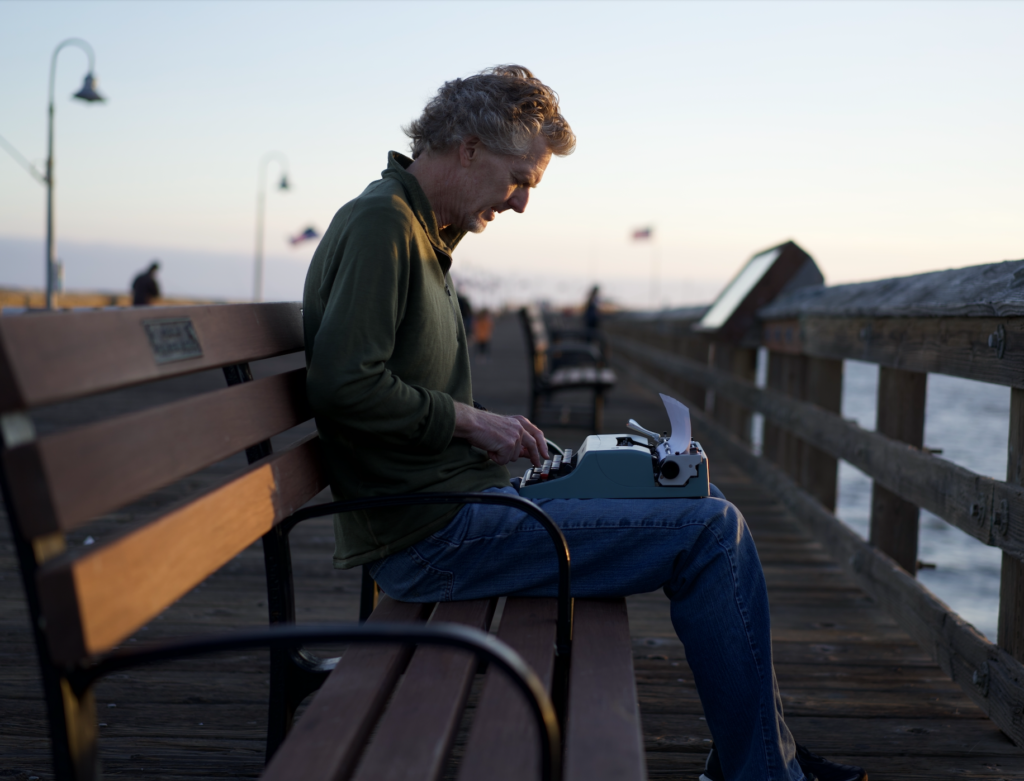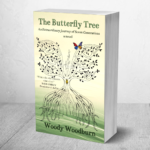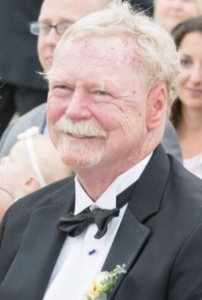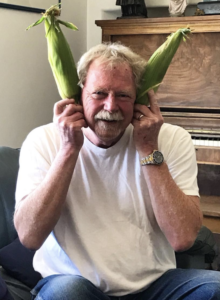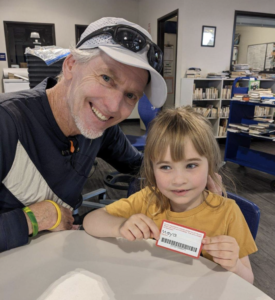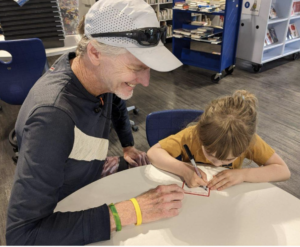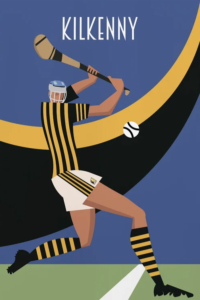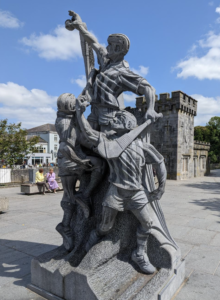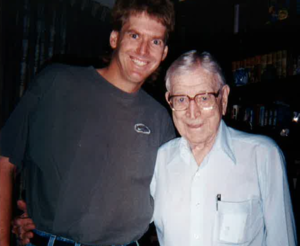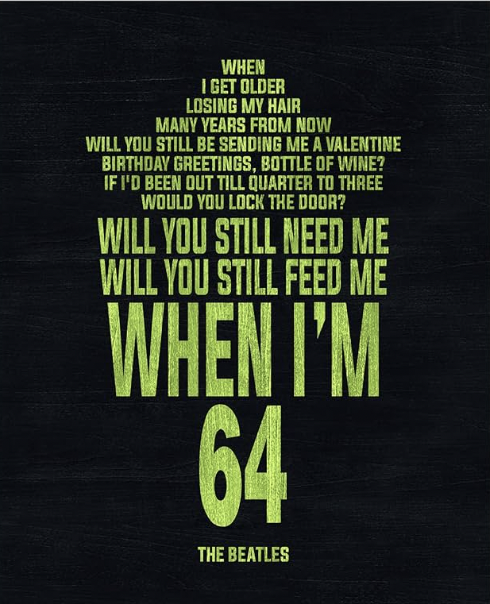Woody’s new novel “The Butterfly Tree” is available at Amazon (click here), other online retailers, and orderable at all bookshops.
*
I have a thing for streaks.
I have been married to my college crush for 42 years, come next month, “God willing and the creek don’t rise” as the saying goes; have run at least three miles for 7,698 consecutive days and counting; and for 730 weeks in a row, also through kidney stones, Coronavirus and vacations, have written this general interest column for The Star.
Beginning today, it will instead run every other week.
A reader could be forgiven for hoping the cutback will improve the quality. After all, it will allow me to be twice as selective of my topics; to biweekly cull the worst—“least good” would be more charitable—column I would otherwise undertake and simply not write it. And thus tender only the better of the pair.
The fly in the QWERTY alphabet soup is that I possess no such writer’s ESP. Indeed, I am often surprised when a column I consider slightly frivolous strikes a chord with myriad readers who praise it more widely than ones I consider superior.
Compared to producing a fresh 600-word theme weekly, at first blush writing fortnightly seems like easy street, and downhill at that, yet to be honest it spawns more than a little anxiety. For the past 14 years my life has had a familiar rhythm; with the beat slowed by half, will I lose my writing groove?
Moreover, without a weekly deadline will Writer’s Block—something I have never believed in previously, precisely because deadlines are an inoculation against it—come knocking? Or, will I feel pressure to swing for a home run every at-bat and thus strike out more frequently instead of choking up on the bat handle now and again?
In my press box days of yesteryear, for a good while I wrote three columns a week. Then, for a time, it was pared to two and I suddenly felt an extra dose of pressure because each column carried 50 percent more weight. Before, when I wrote a clunker I had a chance to make amends in two days. But with only two columns per week, the next opportunity was three or four days away—and back-to-back foul outs quickly added up to a weeklong slump.
Similarly, now I will have to wait two Fridays instead of just one before I can try to make up for a subpar column. And bookended bungles, a full month of disappointing my readers, is a literary bogeyman peering over my shoulder.
So, then, why cut back? Let me first express gratitude to My Favorite Newspaper for affording me this time-honored soap box, stewarded before me by the esteemed Chuck Thomas and Bob Holt and Joe Paul, for too many newspapers have done away entirely with local columns. Therefore, even appearing in this space only every other week still feels like a sandcastle holding its own against a rising tide.
Again, why now? The recent release of my debut novel “The Butterfly Tree: An Extraordinary Saga of Seven Generations” has been such a rewarding experience, with readers and reviewers praising it and even a handful of awards already honoring it, I have a growing hunger to write a second novel without delay and hopefully more.
Furthermore, the recent deaths of my father and eldest brother, just four months apart, have been stark reminders not to put off things one wishes to do. Lastly, with my first weekly column appearing July 24, 2010, this past July 19th’s column seemed like serendipitous anniversary timing.
So, see you next week—oops, make that in two weeks.
* * *
Essay copyrights Woody Woodburn
Woody’s new novel “The Butterfly Tree” is now available in paperback and eBook at Amazon (click here), other online bookstores, and is orderable at all bookshops.
*
Woody writes a weekly column for The Ventura County Star and can be contacted at WoodyWriter@gmail.com. Follow him on Twitter and Instagram at @woodywoodburn.

